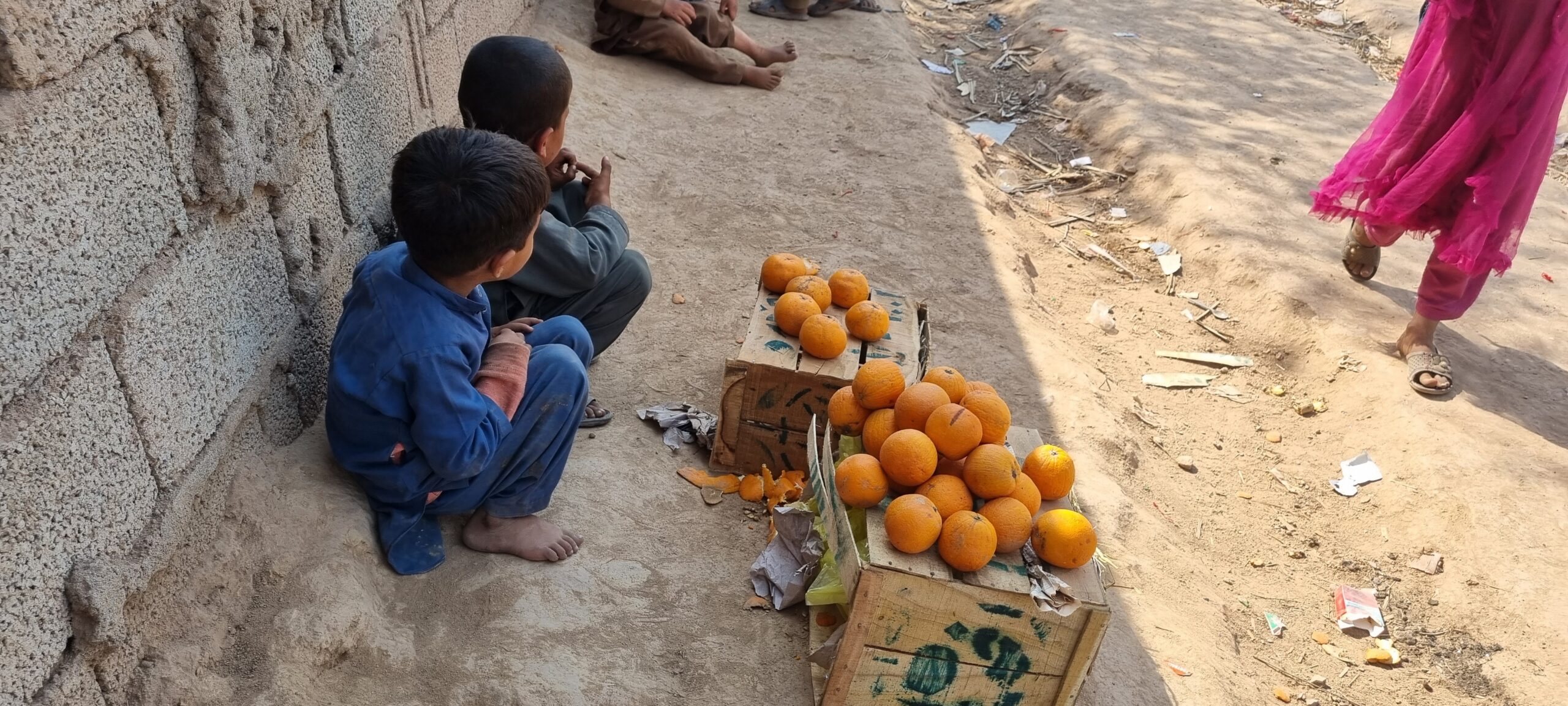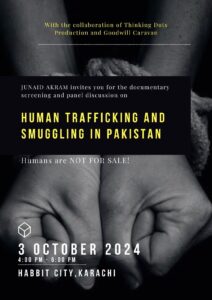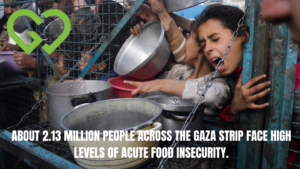Shadows on the Border: The Harrowing Journey of Undocumented Migrants Between Afghanistan and Pakistan
From August 2021, frictions have escalated between Pakistan and Afghanistan. Clashes amongst border officials at checkpoints like Spin Boldak or Torkham are not uncommon.
From the eastern to the south-western region of Afghanistan, traversing the Durand Line, a 2,600-kilometer barrier separates the two countries. The light from border posts sweeps through the mountains to deter any travelers, from refugees to migrants, from crossing under the cover of darkness.
Despite these efforts, a significant number of Afghans attempt to venture to Pakistan, either routinely or unlawfully, typically for work, education, medical treatment, family visits, or to escape precarious situations. Smuggling paths are increasingly utilized as numerous Afghans lack the requisite legal documentation to cross. In March 2023, at least 340,000 Afghans journeyed to Pakistan through official checkpoints, and a presumed larger quantity did so via non-standard crossings.
An uninterrupted procession of men, women, and children navigate the maze of passageways and wire fencing comprising the border. They endure the torrential rain, carry bags over their shoulders, and plow through puddles and muck to reach the opposite side.
Since the start of the year, there has been a surge in the deportation of undocumented Afghans. More than 2,000 individuals were deported from January to March 2023, compared to 500 in the equivalent period of the previous year. This number is poised to swiftly surpass the total deportations recorded in 2022 (2,900).
The number of undocumented returnees and internally displaced individuals (IDPs) in Afghanistan with proper documentation is decreasing. The inconsistent service from the Department of Population and Registration in Afghanistan has led to limited access to civil registration documents, such as Tazkira, the national identity card, and passports. Furthermore, women and members of ethnic minority groups, are more likely to be undocumented because they have historically been unable to obtain documents due to political and socio-cultural norms.
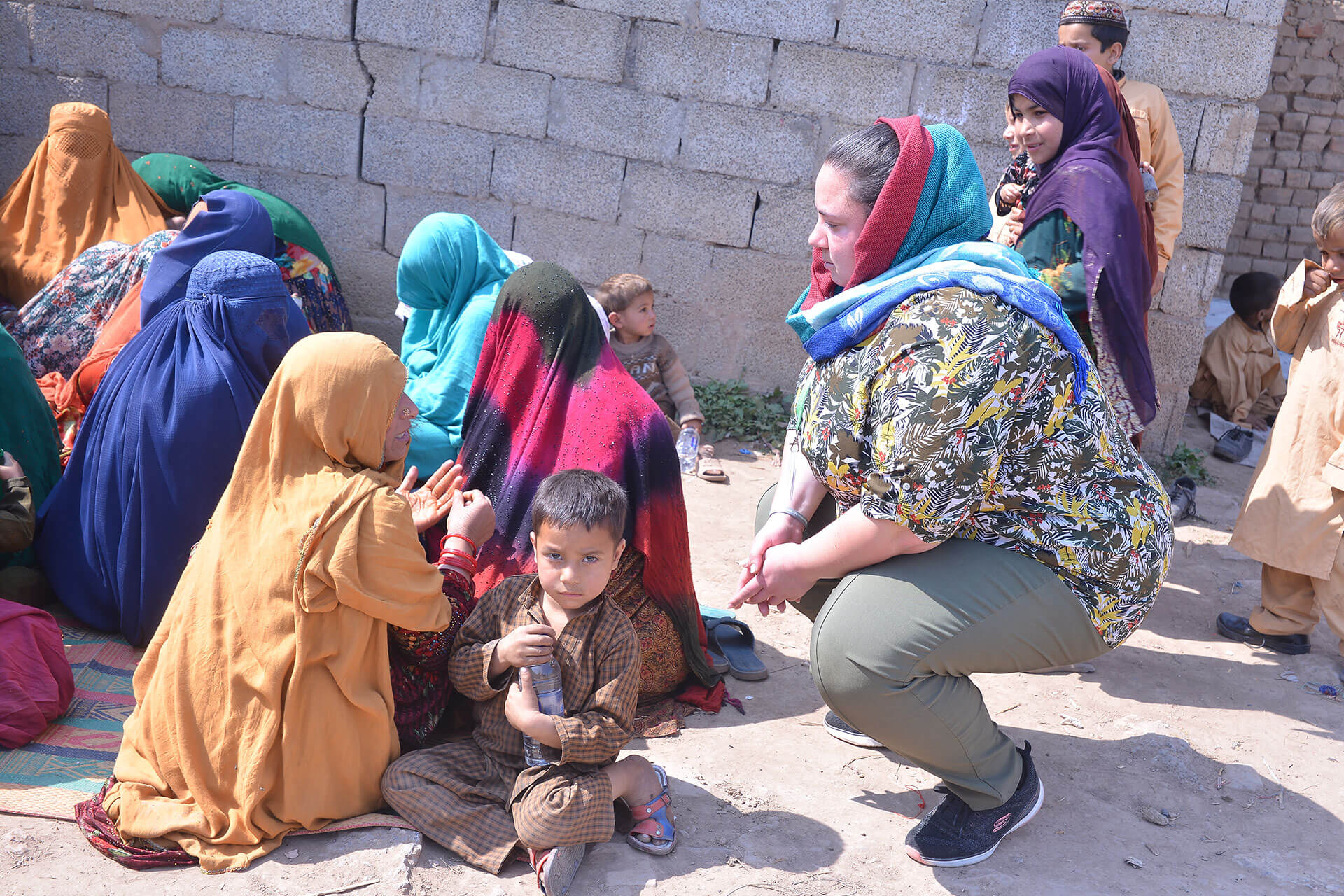
During their travel, undocumented returnees are more susceptible to human rights abuses by state security forces of neighboring and transit countries. This includes the use of force and firearms, torture, and other inhumane or degrading treatment or punishment. It is imperative that we and the humanitarian community raise awareness of these abuses and that the controlling powers facilitate access to civil documentation for all.
In 2023, Goodwill Caravan plans to extend its reach by providing with these groups with Legal aid and in collaboration with PAGE (Pakistan Alliance for Girls Education), GWC aims to provide education to displaced girls and women.
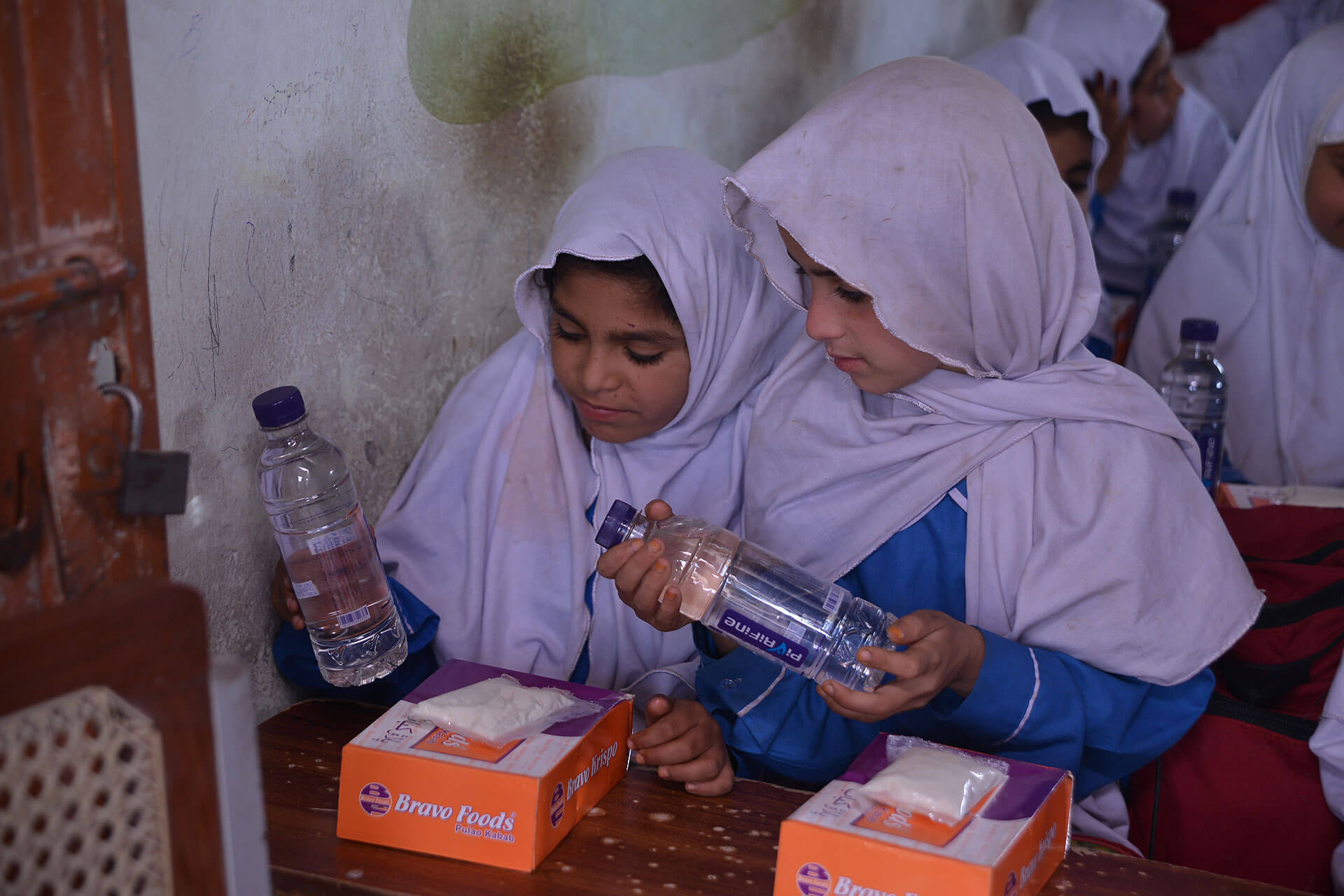
Resources:

